Race against time: how K-dramas use health crises as storytelling devices
by missvictrix
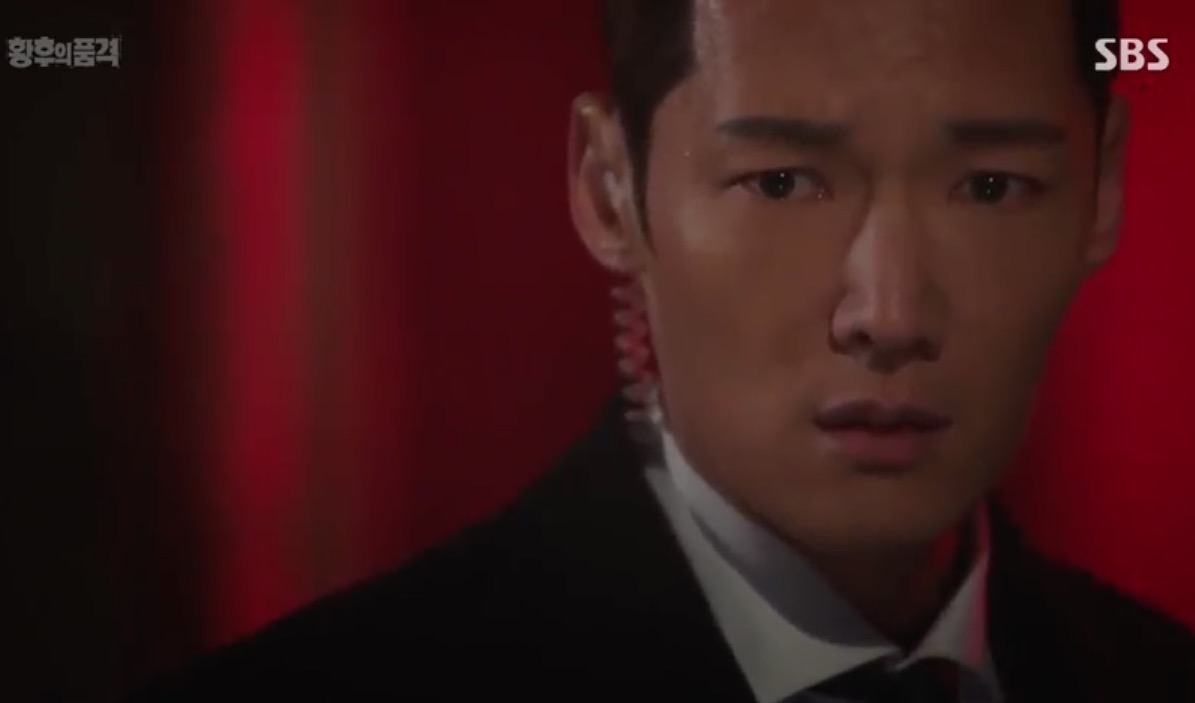
Of the many tropes employed by K-dramas, there’s a significant number that relate to disease and health crises. From life-shattering diagnoses, to injuries sustained during the drama’s rising action, to everyone’s favorite Truck of Doom — it’s no secret that bodily harm is prevalent in K-dramas. Sometimes it’s incredibly powerful and compelling, sometimes it’s contrived and silly, and other times it sits somewhere between the two extremes.
We’ve looked at how vital organ transplants play an important role in telling stories and exploring themes around love and sacrifice, but there’s another common health trope that works for the story in a different way: brain-related injuries, tumors, and traumas.
As I mentioned in the transplant trope article, it’s easy to treat these topics lightly when we talk about dramaland. On TV, these issues are often thrown around willy nilly as plot vehicles, but we can’t dig into the topic without first recognizing that we’re talking about dramas, not real life. In the real world, there’s nothing entertaining about inoperable tumors or brain injuries or anything in between — but they sure make for a heck of a topic in dramaland.
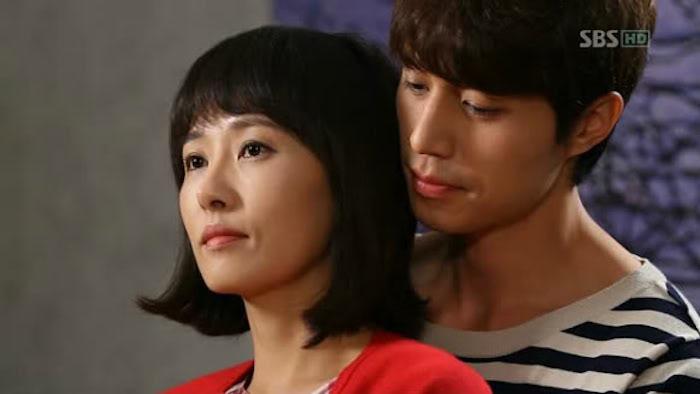
This exploration of brain-related drama tropes is best looked at with terminal illness as the umbrella theme, and brain-related injuries and illnesses as a subset of it. Terminal illness on the whole is one of those topics that I have absolutely no desire to see explored. I’ve shunned dramas because of it, and I’ve stopped them mid-way because of it. But sometimes, under certain conditions, I’ll stick it out.
If my heroes and heroines have to suffer from the knowledge that they are dying, I find it’s much more bearable in an action or revenge setting. In stories like this, there’s less room for ruminating, aching, and heart-rending crying, which is what happened in dramas like Padam Padam and Scent of a Woman. They are both good dramas, but their main stories are both about lead characters learning they are terminally ill, and having to come to terms with that.
There are many other dramas like this too. You know, when your hero or heroine has their whole world shattered for you to watch. These dramas are message-centric and usually try to warm and console your heart at the end — after ripping it out in the rising action of the drama. Often, the message is that you can find peace and joy in any circumstance or situation because those are emotions that reside in your heart and your attitude, and are unaffected by the external world. While I believe this through and through, I can’t spend my precious recreational hours (carefully set aside for K-dramas) crying over these kinds of dramas. Life is indeed fragile, but I don’t require a reminder.
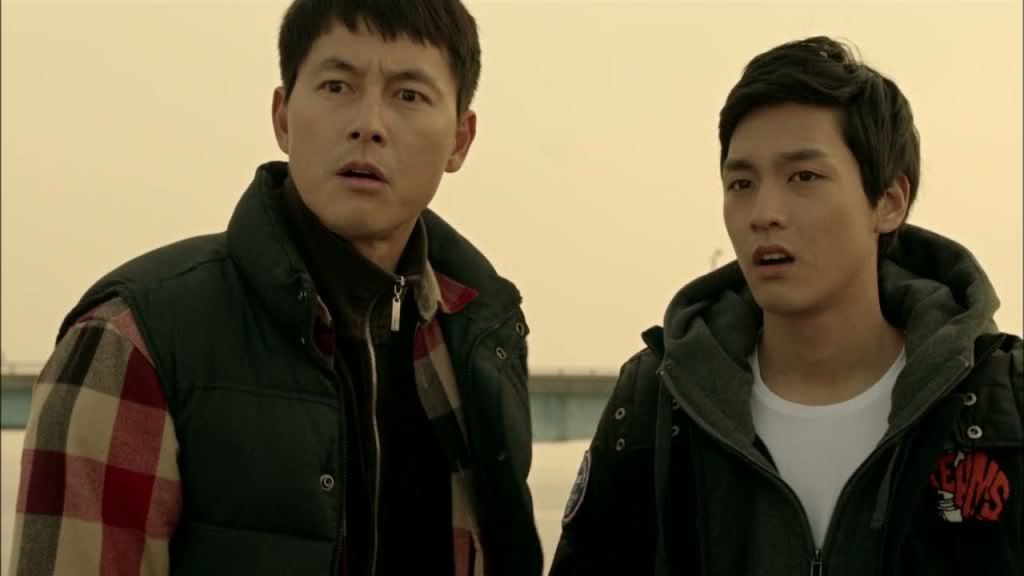
What about the terminal illness component when it’s used in more of a plot-driven way? For some reason the hero or heroine’s impending demise is a lot easier to handle when it’s sustained in the drama as a function of the plot and a part of the action. Perhaps this is because the attention is not on the emotional landscape of the person suffering from the injury or illness, but on how their impending demise affects their goals.
Dramas where the main characters are subject to life-threatening illness and injuries are frequently stories where the character has a meaningful mission to complete. This can take the shape of a revenge plot, solving a mystery, or serving justice. Among the many barriers that the hero or heroine may face, being mortally wounded is just one of many distractions along the way. Maybe it’s the lack of gravity that makes it less painful in this kind of story?
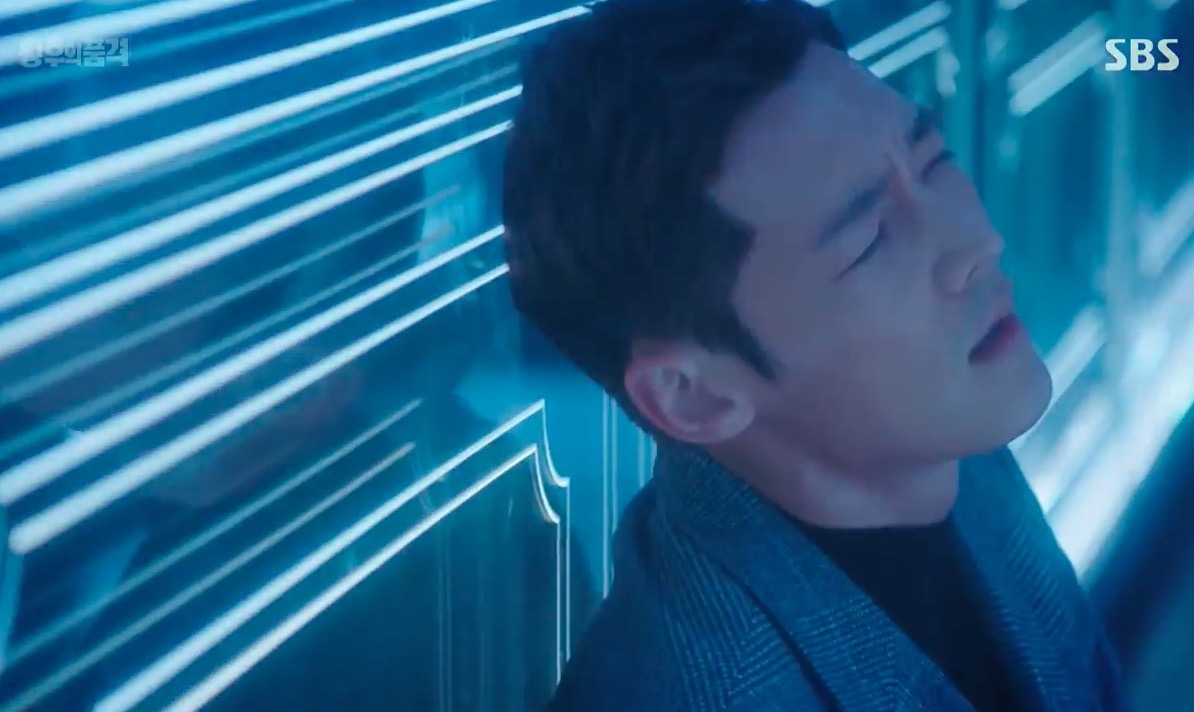
A drama like An Empress’s Dignity is the perfect example. Technically, the hero (played by Choi Jin-hyuk) has sustained a life-threatening injury and only has so much time before his body will fail. At least, that’s what happens in dramaland when you sustain a bullet wound to the head. Most people would die right there, but K-drama heroes often miraculously survive, at least in the short term. Choi Jin-hyuk’s hero doesn’t give a second thought to the fact that he has a bullet embedded in his head and is alive and functioning solely because of super-strong painkillers. Revenge is his goal and nothing much else matters. The bullet that will eventually kill him is no never mind.
This scenario in An Empress’s Dignity points out the main function of life-threatening brain illness and injuries in dramas: they create a sense of urgency. An unfolding plot without any restrictions of time lacks excitement. Our hero running through a doorway that is just about to close and lock him out while dozens of men hot on his trail is very different scenario from one where he can walk through a door he can lock down himself and take his sweet time walking through.
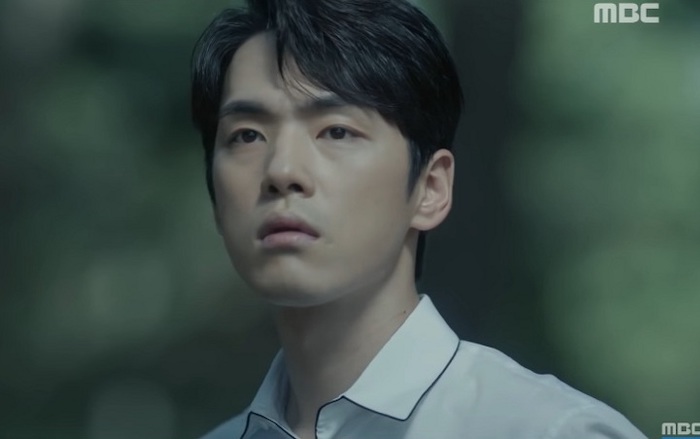
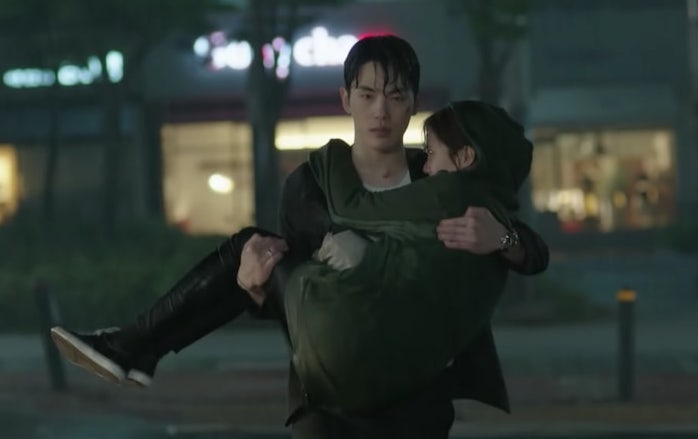
A sense of urgency is essential to a good story. While we see it most often in thrillers and melodramas, generally most stories use some element of a time constraint to up the ante — even in the rom-com world. Just think how many pairs of potential couples have run against the clock, or airplane, or traffic jam, or any other obstacle, to confess their feelings in the nick of time.
From the revenge/melodrama side, a great example is the 2018 drama Time. The drama’s title alerts us right off the bat that time (or the lack thereof) will be a major theme, and this melodrama used the brain tumor trope to seal the deal. The hero, played by Kim Jung-hyun in a fantastic performance, finds out he only has a few months to live when he is diagnosed with an inoperable brain tumor. He not only has to confront his own mortality, but he has a mystery to solve, a name to clear, and a damsel in distress to assist. Without this threat of the hero’s oncoming death, Time would have lost much of its punch.
Another hero with a few months to live, a bullet lodged in his head, and a revenge scheme to pull off, is So Ji-sub’s character in the classic 2004 drama I’m Sorry, I Love You. These few heroes I’ve mentioned (and there are many more in the annals of K-dramas) are the very kind of larger-than-life hero that I adore. They struggle and strive and endure, but they also have a level of nonchalance towards their physical state (and anything else that stands in their way) that is both refreshing and entertaining.
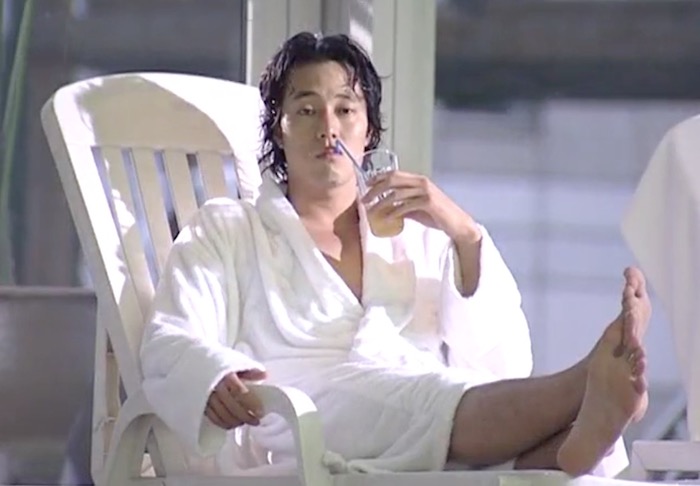
It’s interesting to compare dramas that use the organ transplant trope to those that use the brain injury and illness trope. Sometimes, dramas go all out and contain both of these tropes (I’m looking at you, I’m Sorry, I Love You), but more often the two are used differently, to bring out certain elements in a story. If we look at them thematically, organ transplant dramas tend to be more about love, sacrifice, and second chances, while the terminal brain injuries are often used to convey commitment to a mission, and a race against time. Either way, dramaland can sure be a treacherous place to be a hero.
We’ve looked at a few dramas that use the brain illness or injury trope to create a sense of plot urgency, and help tell the story, but there are so many others. Which dramas come to mind for you? Do you like a good sob fest, or do you prefer when a drama uses the illness/injury to create even greater plot tension?
RELATED POSTS
Tags: An Empress's Dignity, editorial, I'm Sorry I Love You, Padam Padam, Scent of a Woman, Time
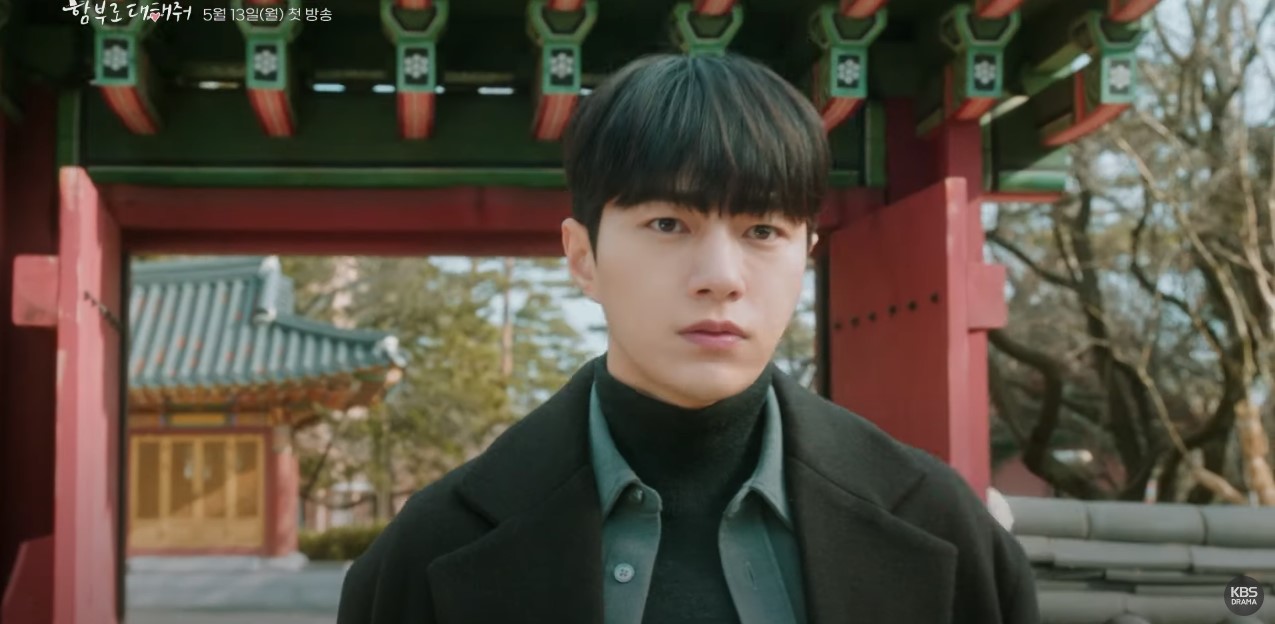
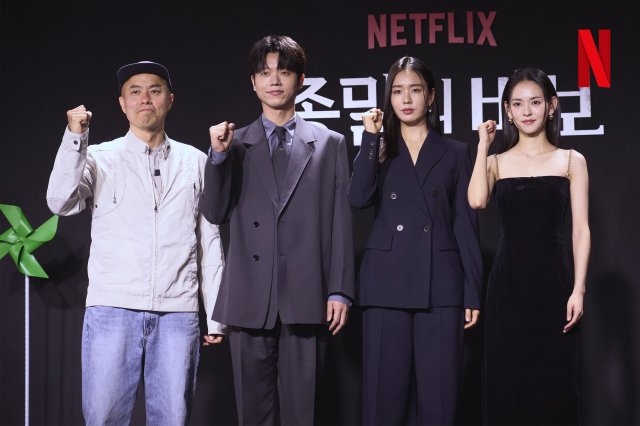
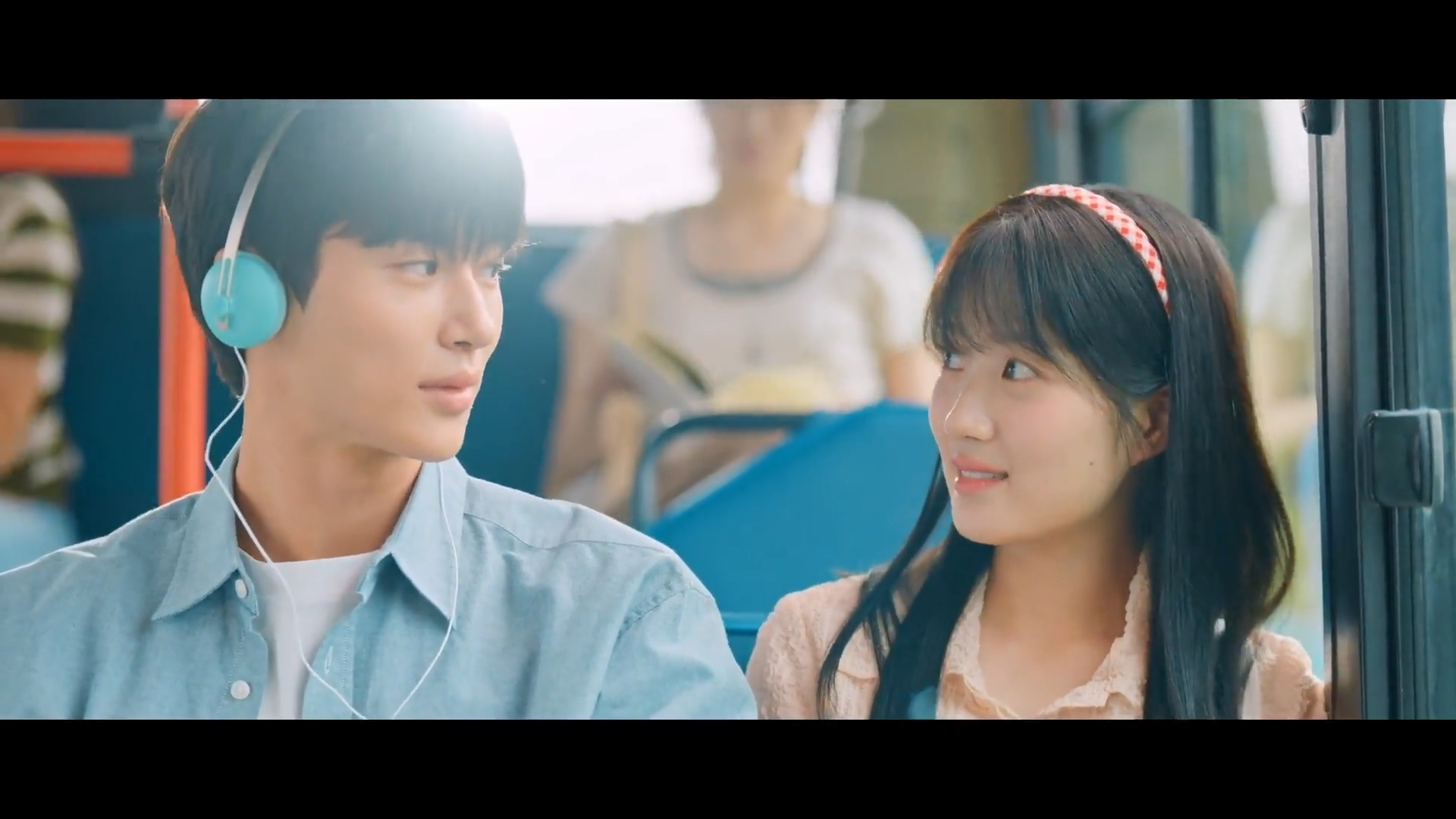
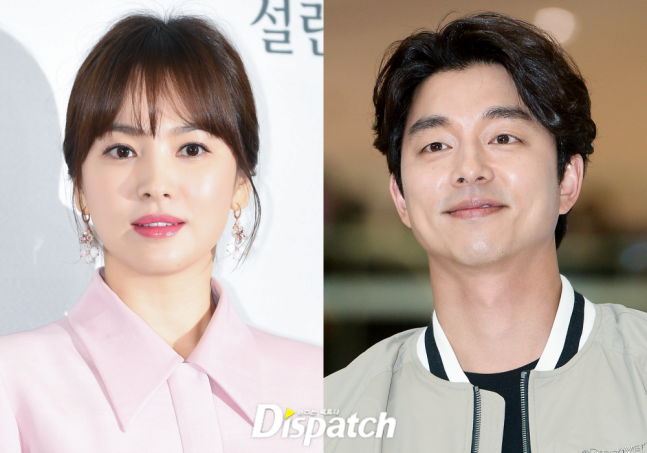
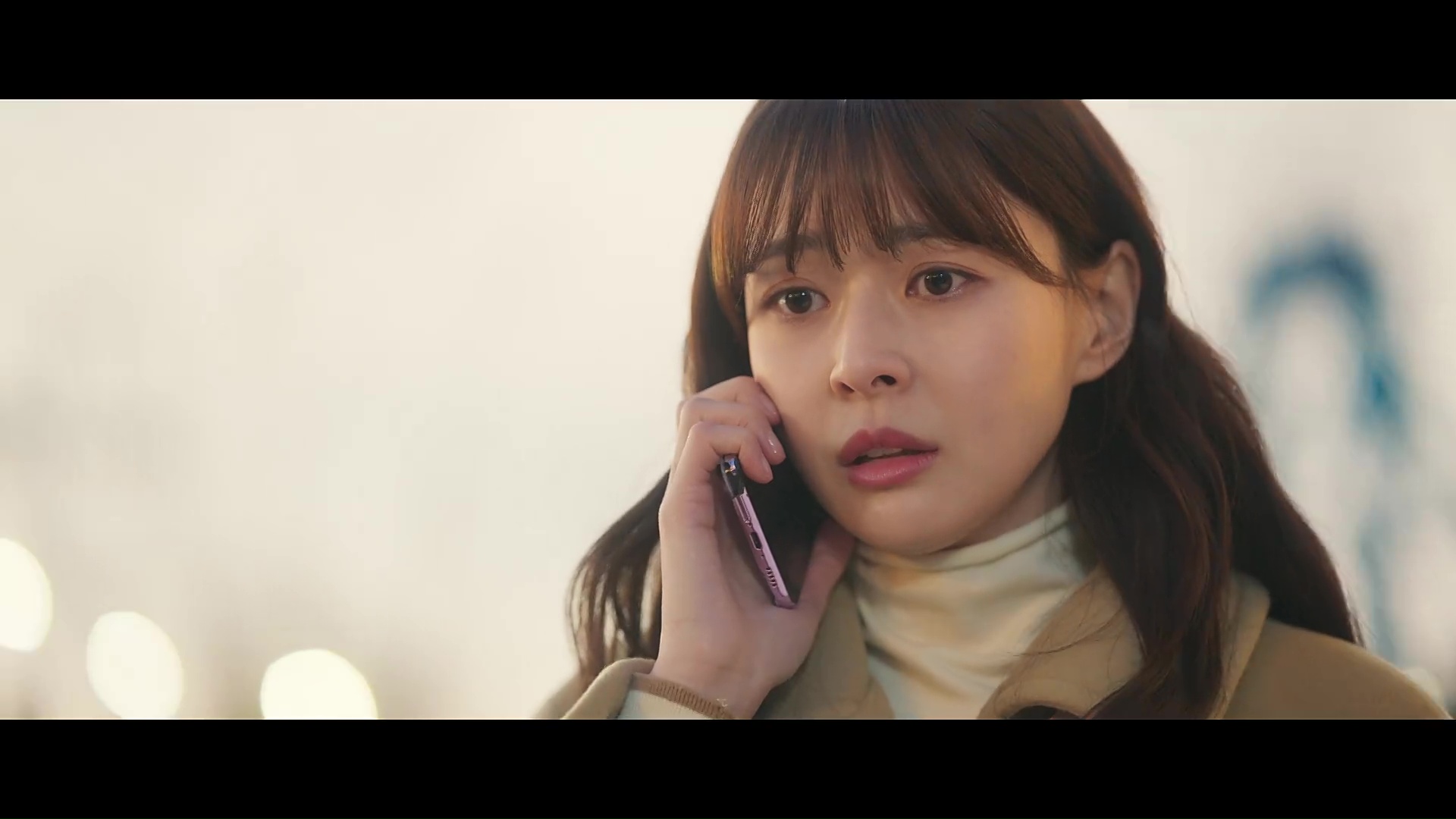
![[K-drama Treasure Hunt] Heart-fluttery bottle opening](https://d263ao8qih4miy.cloudfront.net/wp-content/uploads/2023/05/Kdrama-treasure-hunt.png)
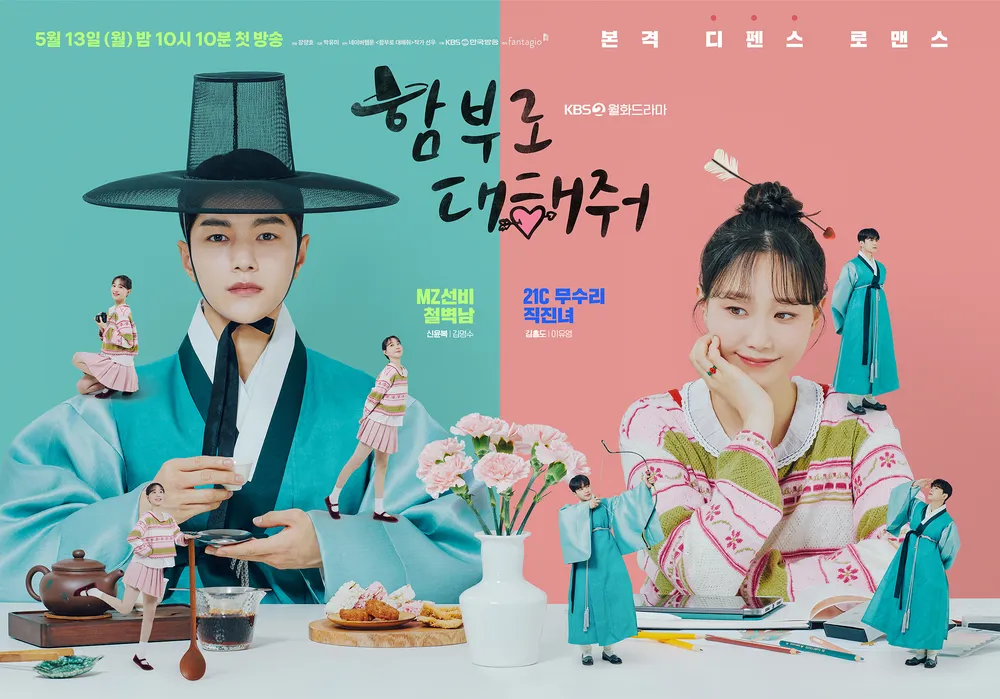
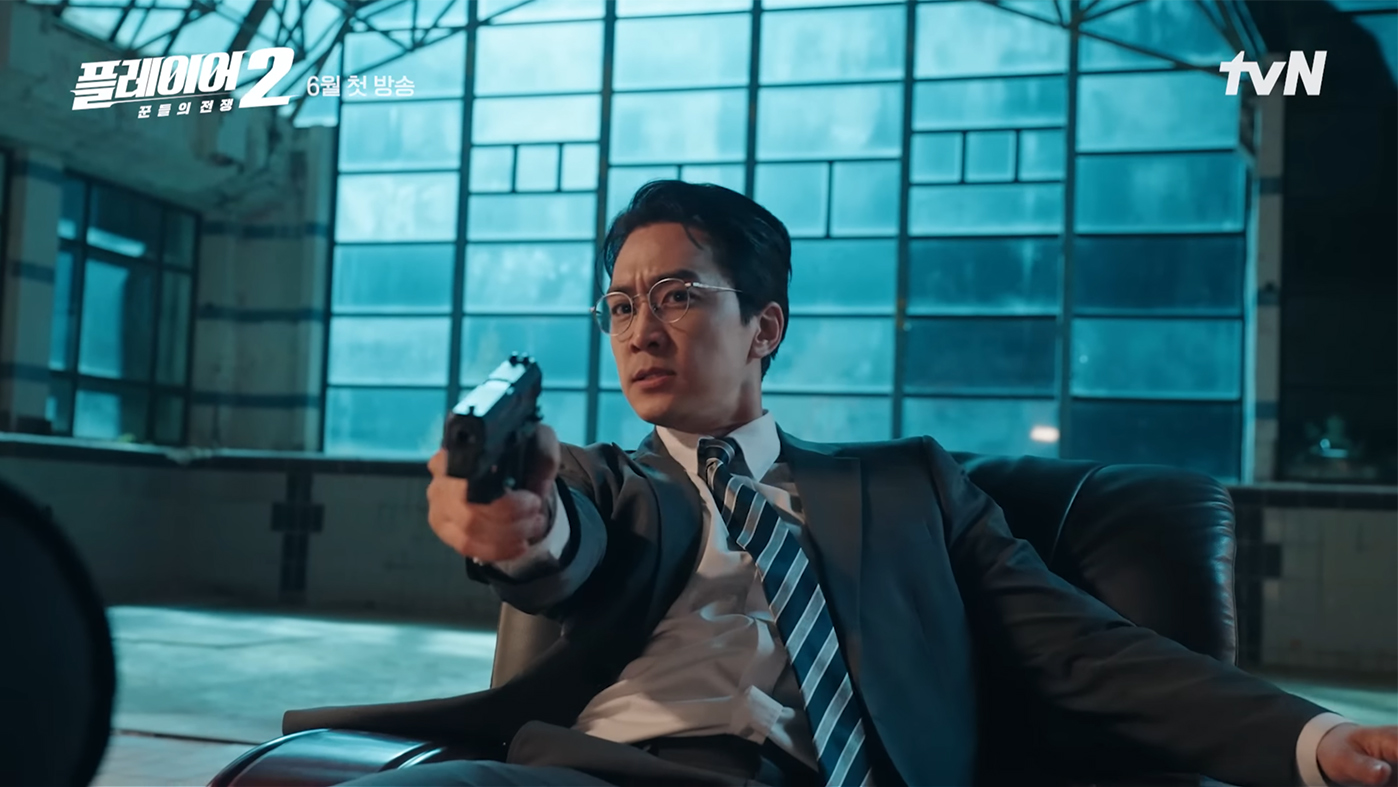
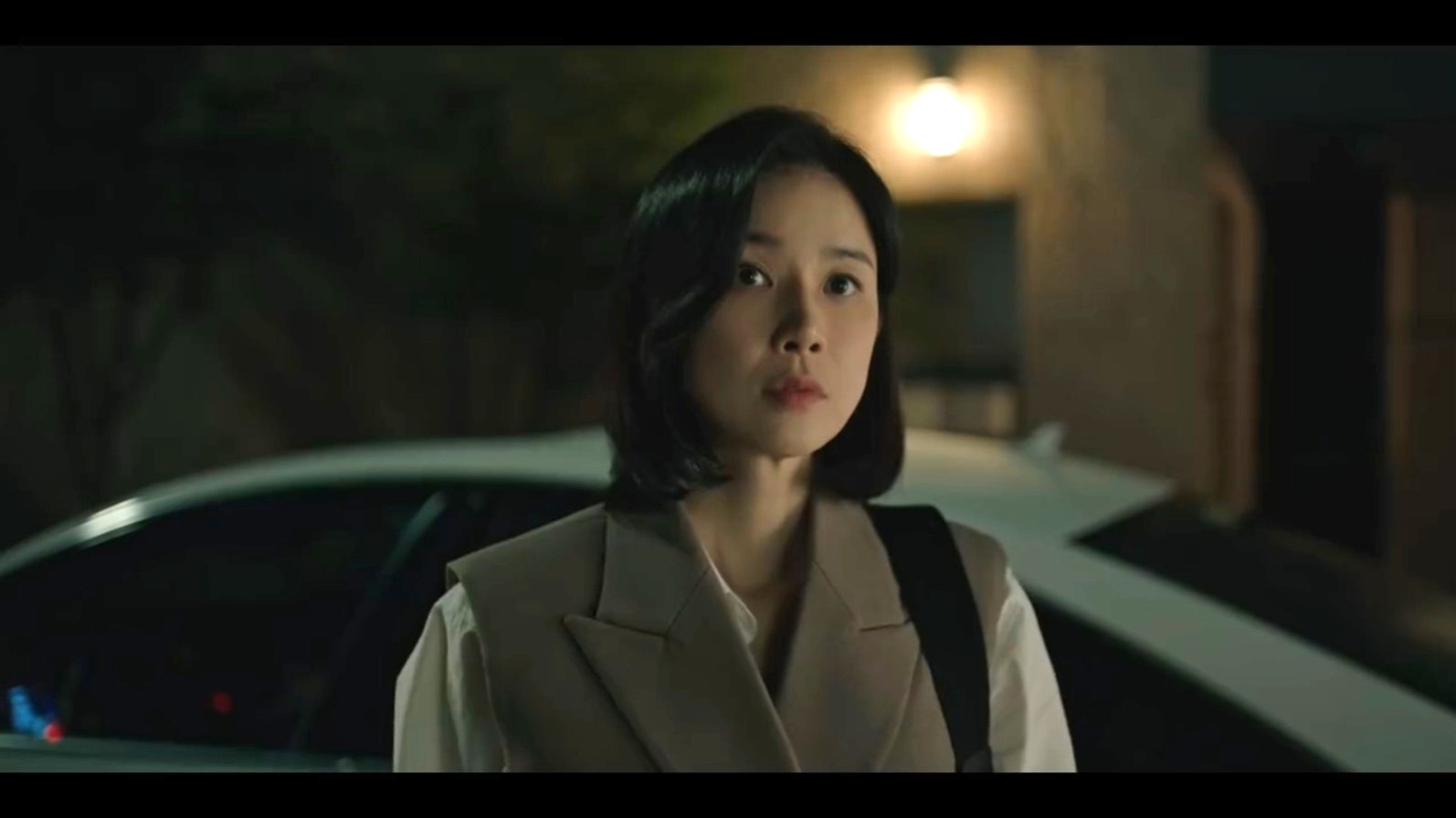
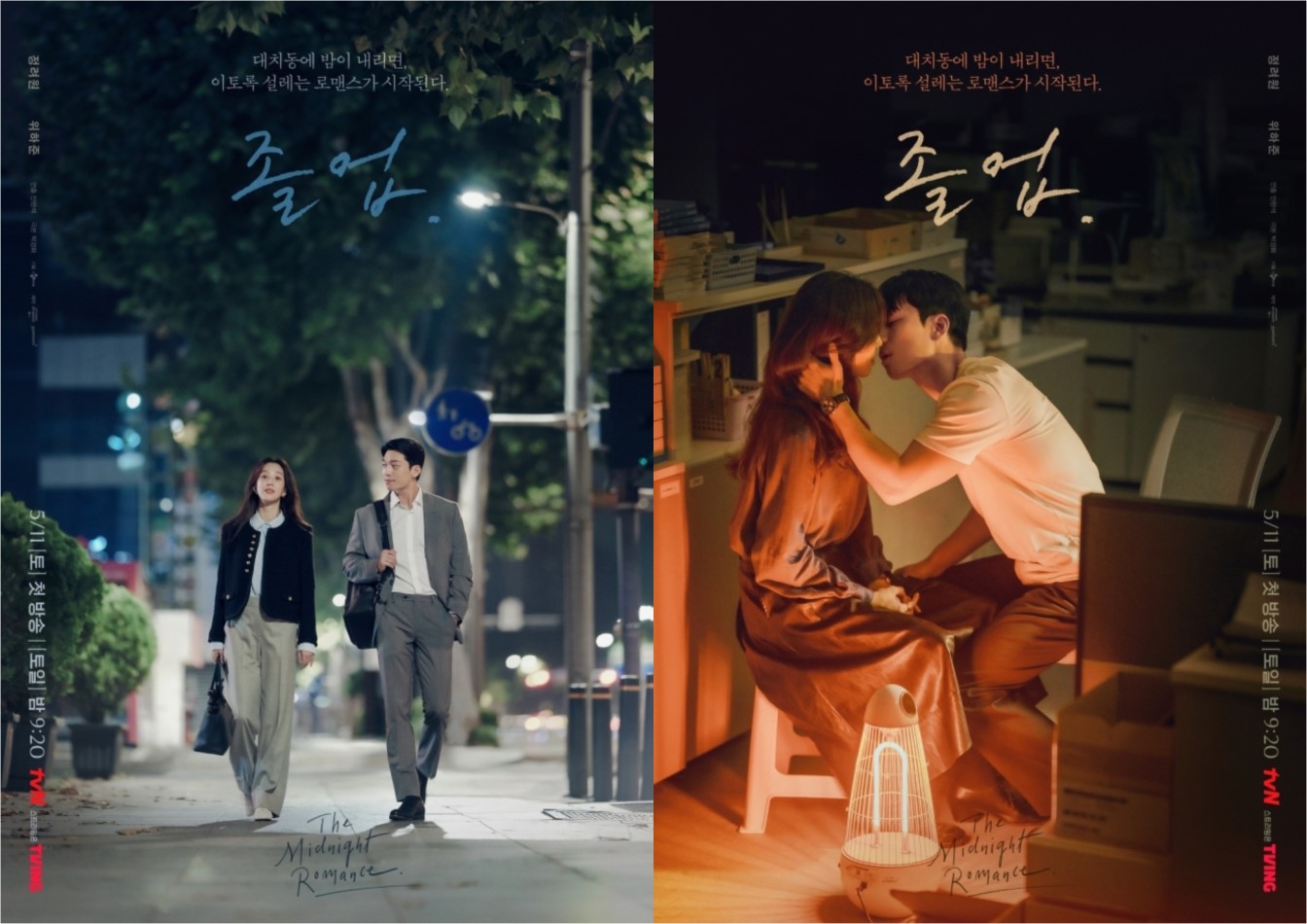
Required fields are marked *
Your email address will not be published. Required fields are marked *
1 Karmen ~ 🍜🏢🎭 ~ 📚☔🦋 ~ 🪂🌱💘 ~ ✨🍊💫 ~
February 7, 2019 at 12:14 AM
The only drama I have watched involving a brain tumor is "That winter, the wind blows". I remember that I wondered what consequences it would have had on the heroine: loss of speech or memory, change of personality, and so on, but nothing happened. I just took it too seriously... 😅
Required fields are marked *
2 Currently Living On Planet Earth
February 7, 2019 at 12:21 AM
Well I think Scent of a Woman was my first drama in which the main character had a terminal illness and as it continues, one can't help but root for her happiness (and his) in that she will eventually die after having done all she wanted to do. Despite some lacking things, it did have a sweet message and interesting characters.
Required fields are marked *
Currently Living On Planet Earth
February 7, 2019 at 12:23 AM
Comment was deleted
Required fields are marked *
Currently Living On Planet Earth
February 7, 2019 at 12:24 AM
I'll admit I can't say I like this trope (at all) but when it's done well, I'll accept it. But I much prefer my characters in a happy ending!!!
Required fields are marked *
3 Moonbean
February 7, 2019 at 12:25 AM
I rarely watch dramas that don't contain romance and I hate sad endings. My motto is the flip side of "all is well that ends well". A bad (and sad) ending can ruin an otherwise good story for me. Needless to say, this means no melos, brain tumors, terminal illnesses for me.
The irony is that the first Kdrama I ever watched was I'm Sorry I Love You and to this day remains one of the very few melos I have seen. It was a powerful drama and I still remember how I felt then but I really really disliked the ending. Because despite the revenge plot and side stories (including his love for his mom) to me that drama is a romance that had a terrible ending.
I didn't know Choi Jin Hyuk had a bullet in his brain in Empress. One episode without him and all the crazy was enough for me to tune out. But I find it interesting that he ended up with two consecutive dramas where he was about to die (I did watch Devilish Joy).
Incidentally I watched Glass Slippers last week and am thankful that a) I don't watch melos b) dramas these days use these tropes lot less.
Required fields are marked *
Moonbean
February 7, 2019 at 12:31 AM
PS. I agree it's lot harder to swallow in romcoms and romances. Without knowing the ending it was difficult for me to commit to or enjoy Marriage Contract and Super Daddy Yeol.
Required fields are marked *
4 Kairoskat 💐
February 7, 2019 at 1:45 AM
So ji sub's character in MiSa is so similar to Choi Ji Hyuk's character in TLE. I just hope Jang Nara doesnt do what the heroine in MiSa did at the end. Huhu
And the sense of urgency in Time was very much felt, even more when Kim Jung Hyun seems to be so affected by his role 😢
Required fields are marked *
5 gadis
February 7, 2019 at 3:55 AM
Nine is probably the most shiver-inducing and cleverly written drama about this exact trope. Which I enjoyed through and through.
Required fields are marked *
6 PakalanaPikake
February 7, 2019 at 4:21 AM
OCN's recent GOD'S QUIZ: REBOOT, season 5, has an overarching revenge theme with a side of terminal illness. Kim Jae-won came across as a seriously psychopathic nutjob -- until the truly reprehensible villains were revealed. The show did a wonderful job of tying in cases from the first season, and from Doc Han Jin-woo's childhood back story. I haven't seen seasons 2-4, so don't know how much of his childhood had been revealed in earlier seasons. Throw in a main character's encounter with a Car of Doom and Doc Han's long-standing neurological condition, in addition to each week's case, and there's more than enough medical angst to annihilate one's fingernails.
Ryu Deok-hwan had a blast in the title role. He and Yoon Joo-hee as Detective Kang Kyung-hee, his old flame, have become one of my favorite low-key OTPs. The camaraderie of the Medical Examiner's team and their police colleagues is downright heartwarming. And Kim Jae-wook has an ingenious cameo. ;-)
Required fields are marked *
kapp70
February 7, 2019 at 9:56 PM
I just finished Quiz 5 and the true villians made me side with psychopath. Even though his illness wasn't upfront it did fit in.
It was worth the long wait seeing most of the originals back from season one.
Required fields are marked *
PakalanaPikake
February 9, 2019 at 12:17 AM
@kapp70,
I couldn't help but wonder if Hyungnim's condition were the result of the procedures performed at that "welfare center." At the very least, I got the impression that his eerie smile was symptomatic of chronic use of the same analgesic (?) that affected another character's neurological system.
Required fields are marked *
7 Sincerely, ToD
February 7, 2019 at 5:04 AM
To be identified as the favorite plot device delivery vehicle, thank you, @missvictrix, thank you. 😭
Cheers to a new year of shattering characters onscreen for the pleasure of viewers offscreen!
Required fields are marked *
8 13infamyss
February 7, 2019 at 5:20 AM
Comment was deleted
Required fields are marked *
9 13infamyss
February 7, 2019 at 5:22 AM
I stayed away from makjang dramas a long time ago, but yknow one or two would sneak past in, and wholla, next thing I know, I’ve watched it from start to end, and sometimes I’d end up sobbing ugly. That was a what Innocent Man was to me. It legit checked off the troupes in makjang including brain injury. But I stuck through this drama because of Ma Roo and Eun Gi 😭😭😭😭 Their story was poignant yet so beautiful to me. I couldn’t drop this over the top makjang drama because of them - I wanted to see how well they’d survive all this.
I just loved how Ma Roo who was so devoted to his ex (yes he would go to prison for that beach!) slowly fell for Eun Gi. He didn’t care about living for himself until Eun Gi came. He loved his ex so much that he would die for her, but he loved Eun Gi more that he would want to live for her and spend all the time in the world with her 😭😭😭 It totally sounds makjang but I don’t care, love this couple to bits!
This was my first Song Joong Ki drama. He and Moon Chae Won are one of my favourite couples. They match so well. I miss watching them together.
Required fields are marked *
10 PakalanaPikake
February 7, 2019 at 6:04 AM
Thanks for your article, @missvictrix. TIME was an intense drama with a protagonist facing a personal expiration date. Kim Jung-hyun's performance was indeed memorable.
ABOUT TIME's heroine was up against a deadline, but it wasn't necessarily caused by terminal illness. If anything, her problem was hyperawareness of individuals' appointed lifespans, including her own. Her impending demise at a young age prompted her to pursue her theatrical dream. If the story ended there, it would have been better.
JUST BETWEEN LOVERS entailed a terminal illness, as if PTSD from being trapped with a corpse for days in a collapsed building were not bad enough.
ROOM NO. 9 featured a falsely-imprisoned convict with a terminal illness attempting to clear her own name while her elderly mother, who fought ceaselessly to prove her daughter's innocence, grows increasingly feeble.
One could also make a case for a variation on the protagonist's terminal illness trope: impending death or dementia of a someone who was wronged and whose name has to be cleared while they are still cognizant. LOOKOUT's Prosecutor Jang Do-han was racing against the clock to clear his framed father's name as he descended into dementia. I haven't seen REMEMBER, but recall reading that the protagonist became a lawyer to prove his father's innocence, only to develop Alzheimer's disease himself. MEMORY, which I haven't seen either, also has Alzheimer's in store for the protagonist.
Required fields are marked *
Sincerely, ToD
February 7, 2019 at 6:34 AM
About Time certainly helped me tremendously broadening my fanbase with this:
http://www.dramabeans.com/members/sincerelytod/activity/710114/
Required fields are marked *
PakalanaPikake
February 7, 2019 at 7:13 AM
@sincerelytod, Thanks for that link. ROFLMAO!! Although I watched the whole show, I couldn't remember how it ended.
Required fields are marked *
11 PakalanaPikake
February 7, 2019 at 6:40 AM
Two more shows, from 2018, also come to mind:
SHOULD WE KISS FIRST's male lead discovers that his medical condition has deteriorated, which prompts him to make amends to a woman whose life was turned upside down by an unfortunate incident that involved his work as an advertising copywriter. The angst quotient goes through the roof when he plans to avail himself of the assisted suicide services of the Dignitas clinic in Switzerland, but he ultimately changes his mind.
Weekend family drama MARRY ME NOW had a case of apparent familial dementia that provided an opening for a son's collusion in his father's attempted fraud perpetrated against his ex-wife, a wealthy businesswoman. (It also had some of the most horrendous Chaebol In-Laws From Hell and one of the most inventive stratagems for a birth secret I've encountered in a Kdrama to date.)
Required fields are marked *
Kwan
February 7, 2019 at 4:44 PM
One of the best done Kdramas involving dementia--and heart warming also--was A Thousand Days' Promise. Kim Rae Won and Soo Ae both did a wonderful job portraying two people confronted with a heartbreaking illness. This IS my favorite Kim Rae Won drama--his devotion to his wife was above and beyond all expectations.
Required fields are marked *
PakalanaPikake
February 9, 2019 at 1:49 AM
@kdnomore Kwan,
Thanks for your pointer to THOUSAND DAYS' PROMISE. Its basic premise reminds me a lot of the very touching 2004 movie A MOMENT TO REMEMBER, complete with steadfast spouse who's in it for the long haul. I was tickled to note that it includes a LIFE IS BEAUTIFUL reunion between Kim Hae-sook, her elder stepson (Song Chang-eui), and the love of his life (Lee Sang-woo). With Lee Mi-sook in the cast, I can imagine the epic conniptions that erupt.
Thank you for the recommendation. It sounds like a good, thoughtful drama. Kim Rae-won is one of my faves.
FWIW, my Mom had Alzheimer's for the last 15 years or so of her life, and my Dad took care of her at home until almost the very end. My father-in-law did likewise for Mr. P's Mom, who had a brain tumor that became inoperable after 25 years -- as he himself was developing dementia. As members of the Greatest Generation, our parents were born in the aftermath of WWI, grew up during the economic collapse of the Depression, came of age during WWII, and waited for The Bomb to drop during the Cold War. I can't help but suspect that the psychic wounds sustained by many have been contributing factors in The Great Forgetting.
Required fields are marked *
Kwan
February 10, 2019 at 2:22 PM
The Greatest Generation can be summed up in one word--Savings. My father never forgot his years during the Great Depression and was very conservative with money because of that, which left him with quite a nest egg for his retirement years. What amazes me the most about the Greatest Generation is their mental toughness--they came home from WWII with mental scars but they didn't let that ruin the rest of their lives--they pulled up their panties and soldiered on. My generation that lived through the Vietnam War can be summed up in one word, Drugs. This is when our mental strength began to wain. Many came back from the Vietnam War scared and unable to pull themselves out of it. Sometimes I think the drug culture my generation created had something to do with our mental weakness. We just couldn't say no!
Required fields are marked *
12 zzthorn
February 7, 2019 at 6:44 AM
What comes to my mind is real life brain trauma for a Korean actor who then suddenly just disappears. It's been almost a year since the beautiful and moody actor Park Min Woo's life was shattered after a motorcycle accident. It took nearly a month in ICU and brain surgery for his agency to finally say he would survive. Then he is never heard from (or about) again. Being in the military at the time, there was no word of his release. He just disappeared. Even if he suffered permanent severe traumatic brain injury, wouldn't there still be fans wanting to support him and let him know they still care about him? Wouldn't it be easier for him to deal with recovery if he knew there were still people who cared? Just hiding him away seems a cruel thing to do to an actor who has spent time in the limelight. I hope like crazy that he was able to recover and will return to a productive life. But if that's not the case, then I hope he knows that people do still care about him and hewon't be so easily forgotten.
Required fields are marked *
Dany
December 15, 2019 at 4:26 AM
You are so right! I can't find any update about him. perhaps there are no good news :(((((((
Required fields are marked *
zzthorn
December 15, 2019 at 6:55 AM
That's very likely the case since even another year has passed and still no word about Park Min Woo. I still continue to pray for his recovery and hope others do too.
Required fields are marked *
13 another woodalchi nicole recruit
February 7, 2019 at 8:52 AM
I find it super fitting that Choi Jin-hyuk is the cover photo for this article. WHY IS THAT MAN ALWAYS DYING?
Required fields are marked *
14 JustMe
February 7, 2019 at 11:23 AM
In the last Empress, a doctor reveals to Min Yu Ra: «this man is taking pills for gun shot wounds». I am here to confirm there is no such thing a specific medication for gun shot wounds. Ok back to real talk,
I've never ever felt the sense of urgency whenever characters are in life or death situations with «6 months or weeks left to live». Maybe because I know the whole drama will be during those months or weeks and when they die, I won't have to watch the repercussions after their death....
Required fields are marked *
15 Kwan
February 7, 2019 at 4:32 PM
The first Kdrama I watched with this type of story line was Goodbye My Love, which led me to Forever Yours. For some reason some actors play these sorts of roles over and over. Frankly I much preferred Kim Hee Sun in Faith as opposed to the earlier two. At any rate after over 100 Kdramas, I've learned to expect the worst when a character gets the "dreaded nosebleed." Soon I started to wonder why ROKdrama was so hooked on these sad story lines and began to wonder if it was attached to their high suicide rate? I have a Korean friend that is so depressed, and bent on staying that way, that he can't enjoy even the smallest things in life. I truly believe that Kdramas could give their watchers more uplifting stories to help them see that there is happiness in life and if they look they'll find it.
Required fields are marked *
16 WisdomToothless
February 8, 2019 at 4:38 AM
Maybe I missed it but seems PUNCH hasn't been mentioned here so here's my shout-out to a great show! Kim rae won was fantastic as the ML who wasn't a cookie cutter good guy, using his last days to right the wrongs in the system that he had contributed to as well.
Required fields are marked *
17 maiaeva
February 8, 2019 at 7:12 AM
Kim Woo Bin in Uncontrollably Fond made me sob (that scene with his mom at the end). It definitely had it's problems, but I appreciated that it didn't resort to some miracle cure (which an American drama would've pulled out) and let the protagonist have an ending not matter how much it hurt my heart.
Required fields are marked *
18 PakalanaPikake
February 9, 2019 at 2:17 AM
Jang Hyuk played a boxer with punch-drunk syndrome in the drama special OLD GOODBYE, with Jang Nara portraying his ex-wife. She had divorced him several years earlier because of her own health issues that she did not want to burden him with. The show was reminiscent of the O. Henry short story "The Gift of the Magi," but had a fantasy twist.
Required fields are marked *
19 Peony
February 9, 2019 at 2:25 AM
Why, everybody's fave MLSHR episode (12 i think) had its blow softened by making Court lady Oh terminally sick with cancer!
Required fields are marked *
20 Gia
February 25, 2019 at 3:17 PM
Storytelling devices are really useful nowadays. I study marketing at university and now I need easy essay topics ideas for tomorrow. I have long found this site and used it twice already.
Required fields are marked *